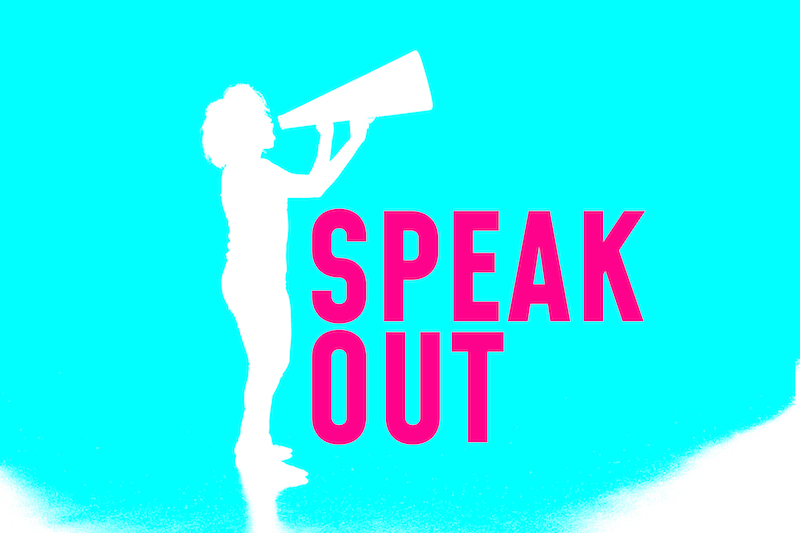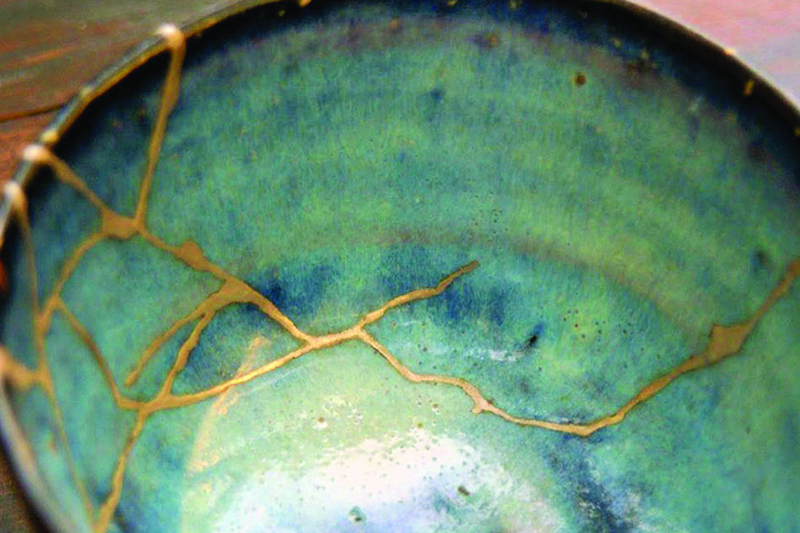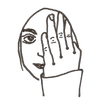
Discipline is Freedom
I started playing the cello at the age of 35. Since then I’ve played in an orchestra on the stage of the Gran teatre del Liceu in Barcelona and recorded an alt-rock album with a group of wonderfully talented musicians in Belgrade. Not bad, eh? And absolute proof that anything is possible.
Learning the cello led me to create Do It Daily. I notice a HUGE difference when I practise every day and when I do one month’s practise in an afternoon. It made sense to me to create a teaching environment that facilitated daily access to English. I wanted to encourage my clients* to practise English every day.
*We’re all very happy with the results by the way – but that’s another story for another day!
I want you to take a moment and think about what the phrase “Discipline is Freedom” means to you.
It’s originally a quote from Aristotle and is generally interpreted to mean that if we can learn to control our compulsive behaviours, both good and bad, through self-discipline, we can then have the freedom to choose how we live our lives. Rather than feeling like we are the victims of our desires, our urges, our impulses, we can have agency. We can be sure that our actions will produce the effect we want.
Jocko Willink, an ex-navy SEALS officer, talks about discipline leading to “success” (which I understand is his definition of freedom). He says discipline comes from within and is a fight, a continual battle, with yourself. When you are winning the battle, Willink says, the reward is the power to choose the kind of life you want.
In part, I agree with both these men. I recently learned, however, exactly what the phrase means to me personally. At the same moment I realised that every individual will have their own definition of what “Discipline is Freedom” means.
Here’s mine –
I moved house last year and now live very close to a group of people I know a little who also happen to be musicians I admire very much. I was invited to their house a few weeks ago. “Bring your cello” one of them said to me. I’d never imagined playing with them before, I’d always been the audience, and the idea filled me with a degree of panic! One of the biggest challenges I face when playing the cello is that of silencing my mind. Being able to control the effects of nervousness that come with “performance” is notoriously hard. Being able to silence the inner dialogue – that is usually critical – and focus purely on the music is what I spend a lot of effort doing.
I imagined being with the musicians, who I’ve spent years in awe of and having a big loud voice in my head shouting at me, telling me how inferior I was. I imagined that my nerves would not let me concentrate, would not let me focus, not let me feel the music and enjoy the experience.
I decided to go anyway.
On the day none of what I had imagined happened. On the day my mind was quiet. After just a few minutes of playing with them I wasn’t nervous at all. My 9 years of cello practise meant I could contribute (simply) to what these amazing musicians were playing and, more importantly, I was able to express myself unself-conciously, enjoy the experience, get lost in the experience. It was exhilarating. It felt like freedom.
How did I get to this point, I asked myself. Through discipline? Of course you have to make a commitment to learning an instrument, to learning anything. Would Aristotle say I was disciplined? Would Willink say I had total control over my behaviour? Do I feel like I have won the battle with the part of me that wants to watch Netflix and eat chocolate instead of practise scales?
Honestly, I think the answer is no!
When I look back and reflect on my time learning cello I see that I’ve had incredible support all the way. It hasn’t been a battle with myself because the discipline wasn’t only coming from me. When I’ve felt like it was too hard, or that I wasn’t progressing as well or as quickly as I wanted, when I couldn’t find the energy to do what was necessary, someone – a teacher, a friend, a more experienced musician, was there, to encourage me, to push me, or to say the exact thing I needed to hear to make me want to continue. To make me want to continue trying.
There are so many parallels for me with learning an instrument and learning a language. I’ll never be able to play as well as I do in my dreams, and the process is endless!!
Most of my clients feel the same.
That day, after being able to play with the musicians I had admired for so long, I understood more about why I started Do It Daily.
My clients are busy professionals. They have great demands placed on them, of all kinds, all the time. To add disciplined language practise to that list of demands is a lot to ask!
I realised that a part of what I do at Do It Daily is to be the support you need when you can’t find discipline.
So here’s my challenge for you this year:
Instead of assessing yourself in terms of performance, can you give yourself marks for the amount of opportunities you take?
Can you congratulate yourself every time you have a go?
Can you value participation over outcome?
Can your success in 2018 be measured by the number of goes you had and not by what you accomplished?
By Sarah Jane
28th March 2020




